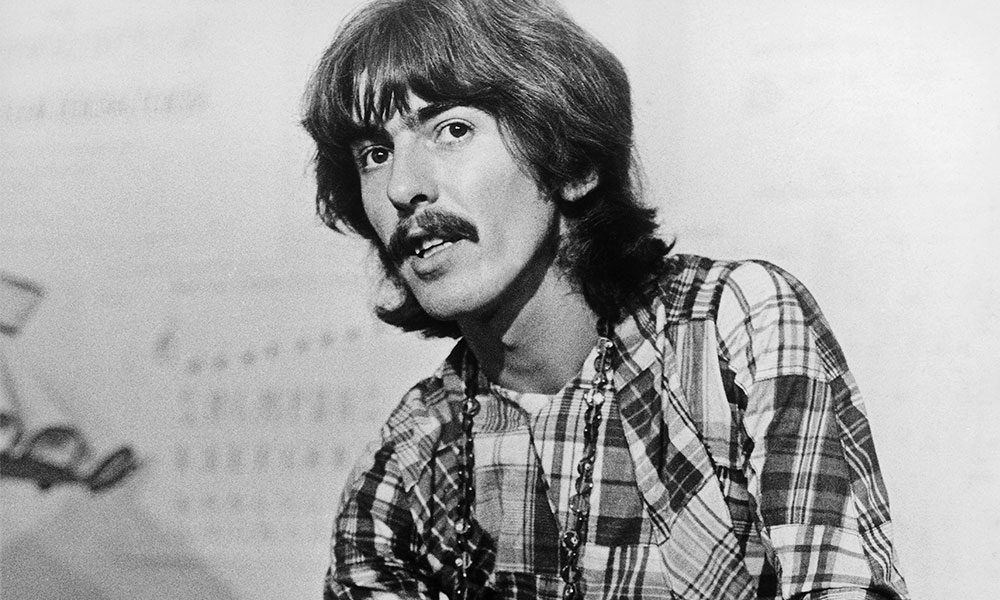On July 24, 1997, George Harrison walked into a small New York studio—not as a global rock icon, but as a humble musician and devoted friend. The venue, VH1’s intimate studio, was calm and unassuming, far removed from the stadiums and screaming crowds that had defined his career. He was there to support his lifelong friend and Indian music pioneer, Ravi Shankar, promoting their collaborative project, Chants of India.
Though Harrison hadn’t planned to perform his own music, he quietly agreed when asked to play a song or two. Sitting on a simple stool with just his acoustic guitar, he began to strum the hauntingly beautiful “All Things Must Pass,” the title track from his 1970 solo debut. Stripped of production and grandeur, the song felt more personal than ever, its message of impermanence resonating deeply in the quiet room. His voice, aged and soulful, carried a gentle warmth—both comforting and tinged with a sense of farewell.
As if to gift the audience a hidden treasure, Harrison also performed “Any Road,” a playful and philosophical tune he had begun writing in 1988 but had never shared live before. It would later appear posthumously on his final album, Brainwashed, giving fans a rare glimpse into his reflective and whimsical side.

The performance was simple, raw, and utterly sincere. When he finished, he smiled wryly and said, “I could go home and practice a bit and do it properly.” That understated humor and humility were quintessential Harrison—unassuming, genuine, and deeply human.
Aired later as The George & Ravi Show, hosted by John Fugelsang, this session became the last time George Harrison would perform in public. Four years later, in November 2001, the world would mourn the loss of the quiet Beatle after his battle with cancer.
In just two songs, Harrison captured everything that defined him: spiritual depth, gentle humor, and heartfelt authenticity. No grand stage, no roaring audience—just a soft-spoken farewell that continues to echo in the hearts of music lovers everywhere.
